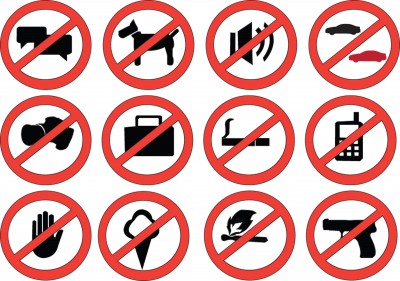Quality content for guest blog posts
Guest blogging can be a great tool for both the hosting blog and the guest writer, and helps generate more content in the blog community.
However, if the content of guest posts is only average, the benefits are reduced; if the guest posts are low quality they can actually do more harm than good.
I have seen a number of examples of poor guest posts lately and I end up frustrated with wasting my time reading them when I could have been reading some great posts elsewhere. Such posts on an otherwise good blog is even more frustrating.
As a host blog
Imagine if the first post I read on your blog was a low quality post by a guest blogger. I am busy so it is likely I won’t come back to your blog because I only want to read information that is useful and easy to grasp.
If I already trust and value your blog, I will be disappointed but will probably give you another chance. However, I certainly won’t share that post on social media and am less likely to leave a (constructive or positive) comment.
Whatever the reason for accepting guest posts in your blog, you want the post to be an asset in your blog, with the ultimate aim of attracting more readers. If you add in low quality posts, you are failing your readers and therefore your blog.
As a guest blogger
Would you accept a low quality post from someone else in your blog? No? Then it’s safe to assume that a low quality post is more likely to be rejected by any host blog you may approach.
Especially if you are approaching a high-ranking blog that probably has many would-be guest bloggers to choose from.
Even if your low quality post was accepted, is it going to work for you?
As a guest blogger, I want to showcase my skills and knowledge to a broader audience – it builds credibility for me and develops my SEO which hopefully leads to additional traffic for my site. If you read my guest post and like it, you may visit my blog; if you think my post is poor, you won’t click through or share it and may even ignore future links or recommendations to me.
Make the posts you offer to other blogs some of your best posts and you will get results – low quality posts need editing or deleting.
* Low quality may mean the actual content is poor or the writing is poor and therefore hard to read. Worse, it could be poorly written and offer no value in the content either.








Recent Comments